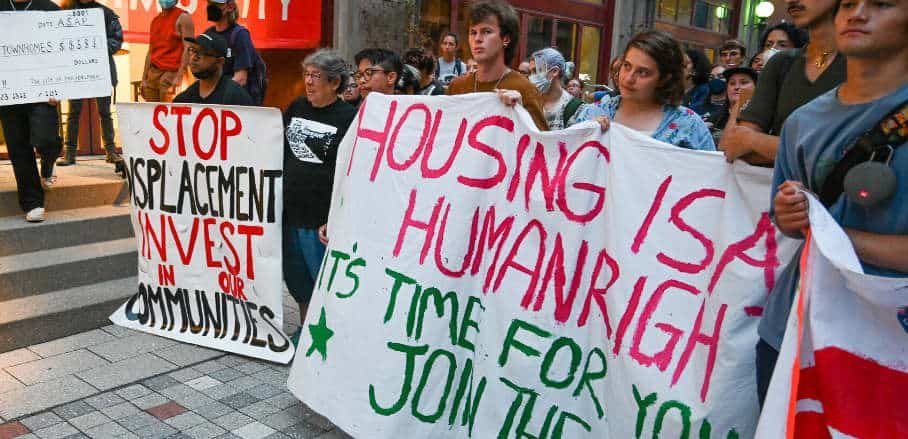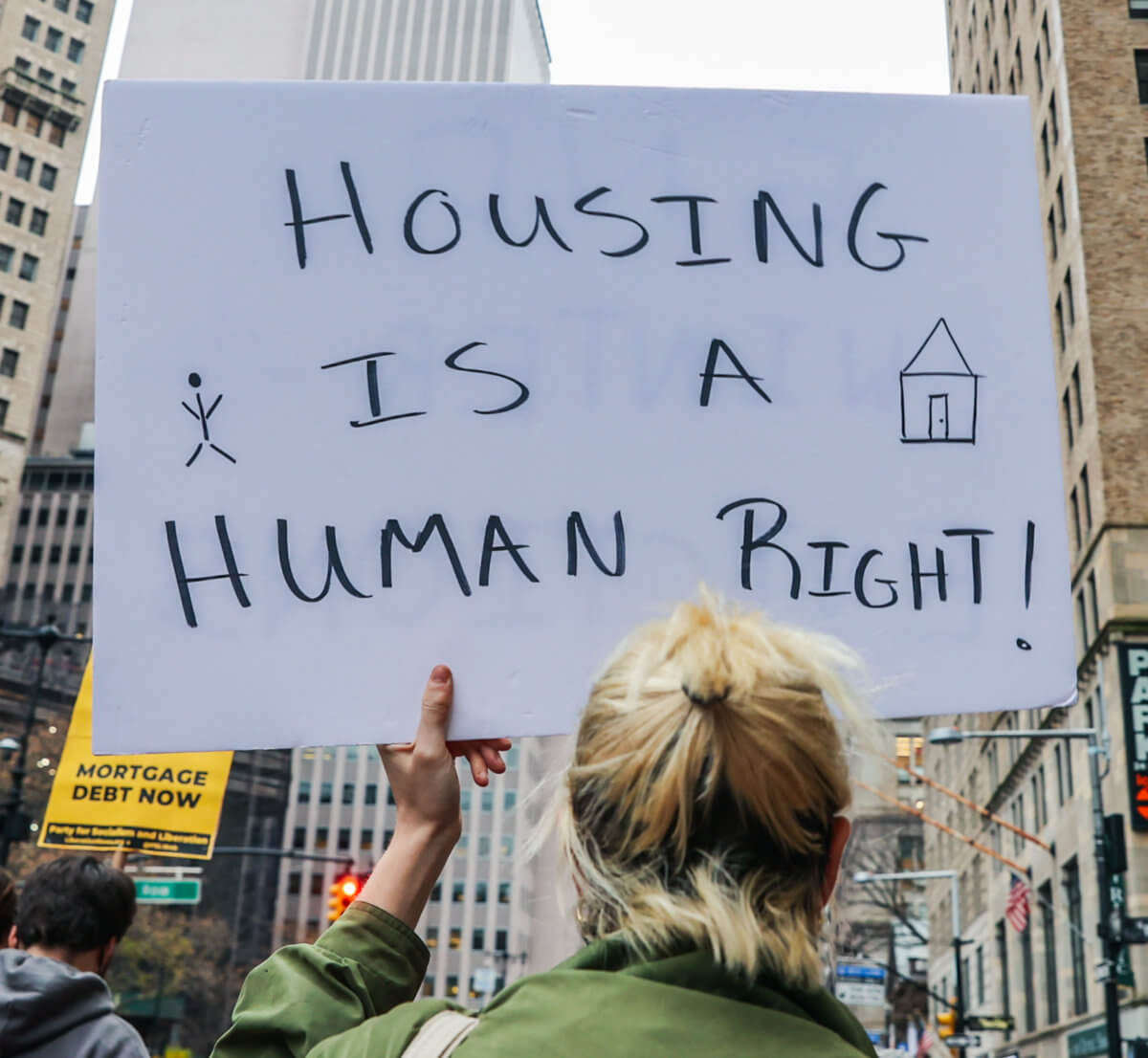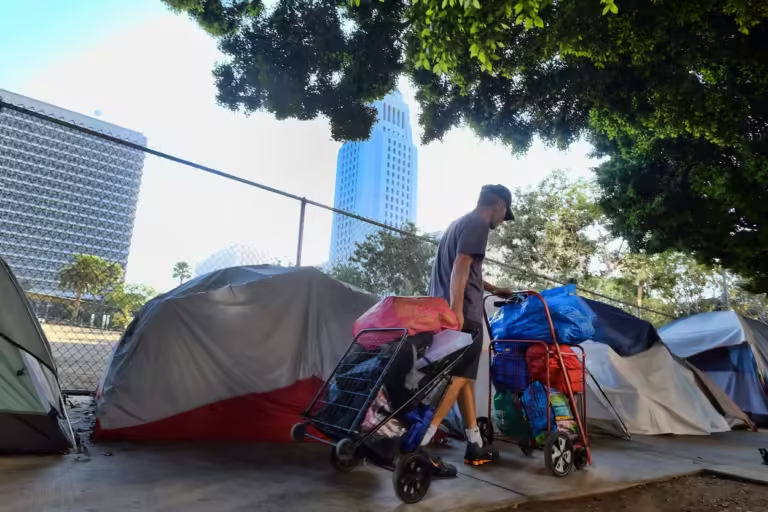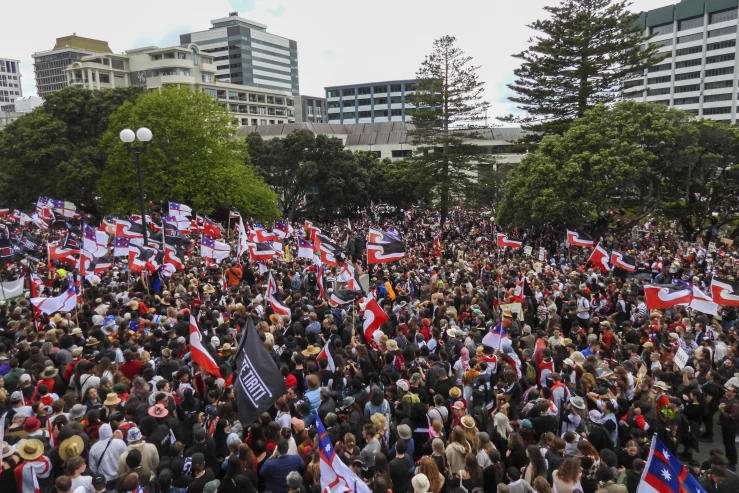
 Affordable Housing Shortages: A Growing Global Crisis
Affordable Housing Shortages: A Growing Global Crisis
Affordable housing shortages in the world has become a great challenge to the whole globe. According to the UN special rapporteur on the right to adequate housing, 1.6 billion people-now one-fifth of the world’s population-who now lack access to decent shelter and essential services, would increase this number to 3 billion by 2030.
While housing prices are growing faster than income growth across most countries in the Organisation for Economic Cooperation and Development (OECD) over the last ten years, the multifaceted crisis characterised by a shortage of housing units – for low- and middle-income earners alike and applying to natives and immigrants alike – cuts across natives and immigrants.
In the face of escalating displacement, lack of access to housing is becoming a major constraint to the integration opportunities of migrants. While the very spirit of welcome seems undermined and even to fuel anti-immigrant sentiment because of competition between native populations and newcomers, this lead is telling.
Affordable Housing Shortages: A Crisis for Forcibly Displaced Individuals
Affordable housing shortages
As of October 2023, nearly 110 million people worldwide were either internally or externally displaced. While the shortage of housing is most pressing in those high-income countries, more than three-quarters of those in need of international protection live in low- and middle-income countries close to their country of origin -where decent housing is also scarce there.
According to the UN High Commissioner for Refugees, as of 2022, a majority of the refugees, asylum seekers, and returnees in most countries were not accessing habitable and affordable housing. In Burundi, where about 80,000 refugees and asylum seekers live, mostly from the Democratic Republic of the Congo, only 7 percent had access to habitable and affordable housing.
Affordable Housing Shortages: A Human Rights Concern 
Affordable housing shortage is defined as a basic human right and an integral part of the right to an adequate standard of living by the 1948 Universal Declaration of Human Rights and the 1966 International Covenant on Economic, Social, and Cultural Rights.
But it is those that are forced or seeking work who are far more likely to have their right to adequate shelter denied. The uprooted person is also likely to be stigmatized, marginalized, and suffer various forms of xenophobia from the host community, and therefore cannot easily be considered for accommodation or is been overcharged.
Whereas refugees and other migrants mostly may misunderstand or lack any cognizance of rights against housing providers, which would complicate the situation as well as exclusion from the adequate shelter.
This article continues discussing how housing crises affect refugees, forced migrants, and other categories of movements, especially their relationships in host countries.
Whereas an influx of new people into a city may increase its housing deficit, it is of importance to appreciate that most housing-related problems are part of larger, more long-standing problems.
However, this creates an issue between the host community and the vulnerable newcomers, as the latter are perceived to be the culprits behind the shortage of affordable housing.
What Factors Are Contributing to the Crisis?






